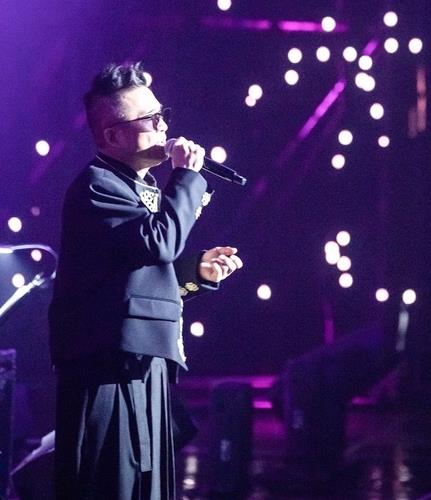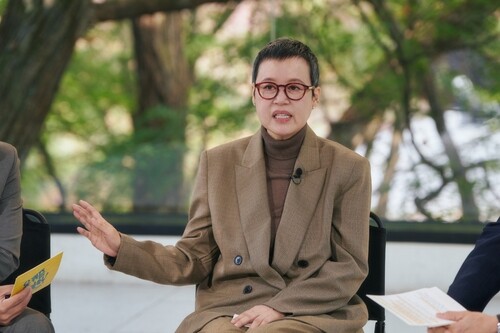(2nd LD) US presidential race-Iowa caucuses
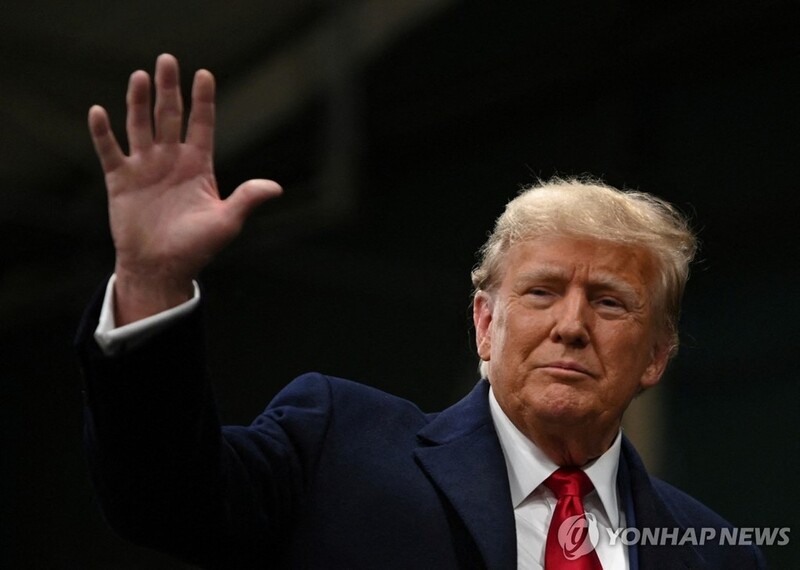 |
| ▲ Former U.S. President Donald Trump waves during a visit to a caucus site in Clive, Iowa, on Jan. 15, 2024, in this photo released by Reuters. (Yonhap) |
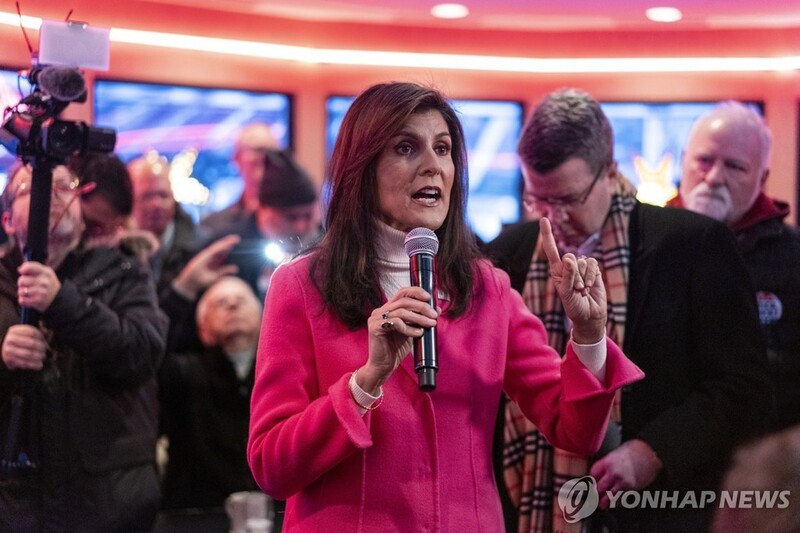 |
| ▲ Former South Carolina Gov. Nikki Haley speaks during a campaign event in Des Moines, Iowa, on Jan. 15, 2024, in this photo released by the Associated Press. (Yonhap) |
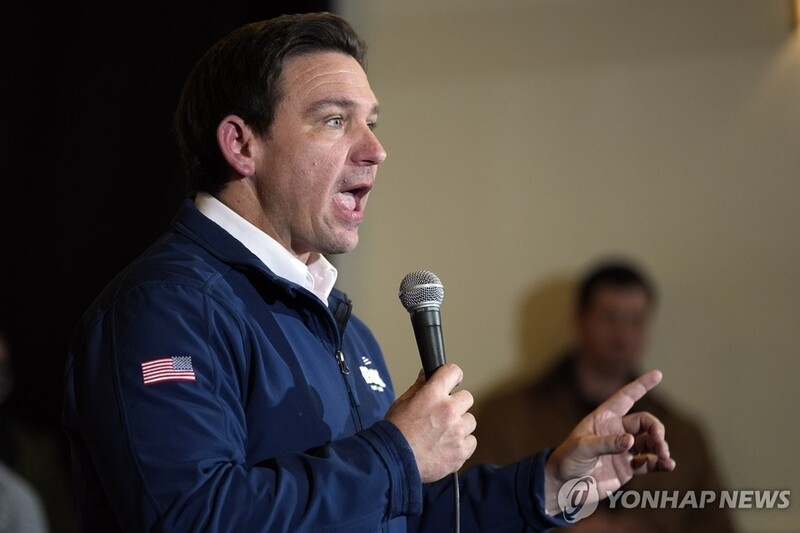 |
| ▲ This Associated Press photo shows Florida Gov. Ron DeSantis speaking at a campaign event in Ankeny, Iowa, on Jan. 14, 2024. (Yonhap) |
(2nd LD) US presidential race-Iowa caucuses
(2nd LD) Trump wins first Republican nomination contest in Iowa
(ATTN: UPDATES throughout with caucus results; CHANGES headline, lead, photo)
By Song Sang-ho
WASHINGTON, Jan. 15 (Yonhap) -- Former U.S. President Donald Trump scored a resounding victory in the first Republican presidential nomination contest in Iowa on Monday, cementing his momentum in the race to clinch the ticket for the Nov. 5 general election.
With 93 percent of the vote reported from the lead-off caucus, Trump had secured 51 percent of the vote, trailed by Florida Gov. Ron DeSantis with 21.2 percent and former South Carolina Gov. Nikki Haley with 19.1 percent, according to CNN.
Attention now shifts to the next intraparty contest in New Hampshire on Jan. 23 as Republican contenders are vying to become the GOP flag bearer in the November showdown, where incumbent President Joe Biden is expected to represent the Democratic Party.
After winning the Iowa caucuses, Trump issued a message of unity, calling for everybody to "come together."
"Whether it's Republican or Democrat, or liberal or conservative, it would be so nice if we could come together and straighten out the world and straighten out problems and straighten out all of the death and destruction that we are witnessing," he said.
Braving the bone-chilling weather, registered Republicans participated in the caucus meetings at schools, churches, public libraries and other precinct locations in all 99 counties of Iowa, a Midwestern state of around 3.2 million people.
Up for grabs in Iowa were just 40 of the total 2,429 Republican delegates. But it has always drawn keen election-season attention as a launching point for candidates to seize momentum in the state-by-state nomination competition.
The center of attention in the Iowa contest was whether Trump could win more than 50 percent of the vote as observers said a result shy of that goal might be construed as a sign of weakness and help the campaigns of his main rivals heading into the New Hampshire primary.
Under the slogan of "Make America Great Again" (MAGA), the former president has maintained a comfortable lead in various polls, which has thrown into sharp relief a heated battle for second place between Haley and DeSantis.
The next contest in New Hampshire is expected to be a crucial test of support for Haley as her campaign has been gathering steam in the state in part because of support from independents.
In a stump speech earlier, Haley tried to appeal to undecided voters, stressing that the election is about making sure that "we move forward" rather than continuing "in this chaos."
"The way we go forward is with a new generational conservative leader that is not going to have vengeance, vendettas or take things personally but going to go forward and make sure we do everything we can so that your family is protected, safe and has the opportunities to continue to go forward in a way that America was supposed to be," she said in a message from a YouTube account of KCCI, a broadcaster in Des Moines, Iowa.
DeSantis has underscored he is running for the White House to put himself first and "turn this country around."
"(Trump) is running a campaign about putting himself in his issues first. ... You deserve a nominee that's going to put you first, not himself," he said during a campaign event in Ankeny, Iowa, on Sunday. "I am running for your issues and your families' issues, and I am running to turn this country around."
The presidential nomination fight has also been keenly watched by South Koreans as the U.S. presidential election could have profound implications for America's approach to its alliances, the North Korean nuclear quandary and its rivalry with China among others.
The Democratic Party is scheduled to hold its first primary in South Carolina on Feb. 3, while the Republican Party sets in motion its nomination process on Monday. The early contests are only the start of the monthslong nomination process but will serve as a crucial gauge of voter sentiment.
The Republican and Democratic Parties will announce their ultimate standard-bearers at conventions in Milwaukee, Wisconsin, in July and in Chicago, Illinois, in August, respectively, though their most likely candidates could emerge after "Super Tuesday" contests on March 5.
On Super Tuesday, nomination contests will take place in 16 states and territories, including the crown jewels of California with 169 delegates and Texas with 161. On the single day, 874 delegates, more than a third of the Republican total, are at stake.
(END)
<저작권자(c) 연합뉴스, 무단 전재-재배포, AI 학습 및 활용 금지>
(C) Yonhap News Agency. All Rights Reserved











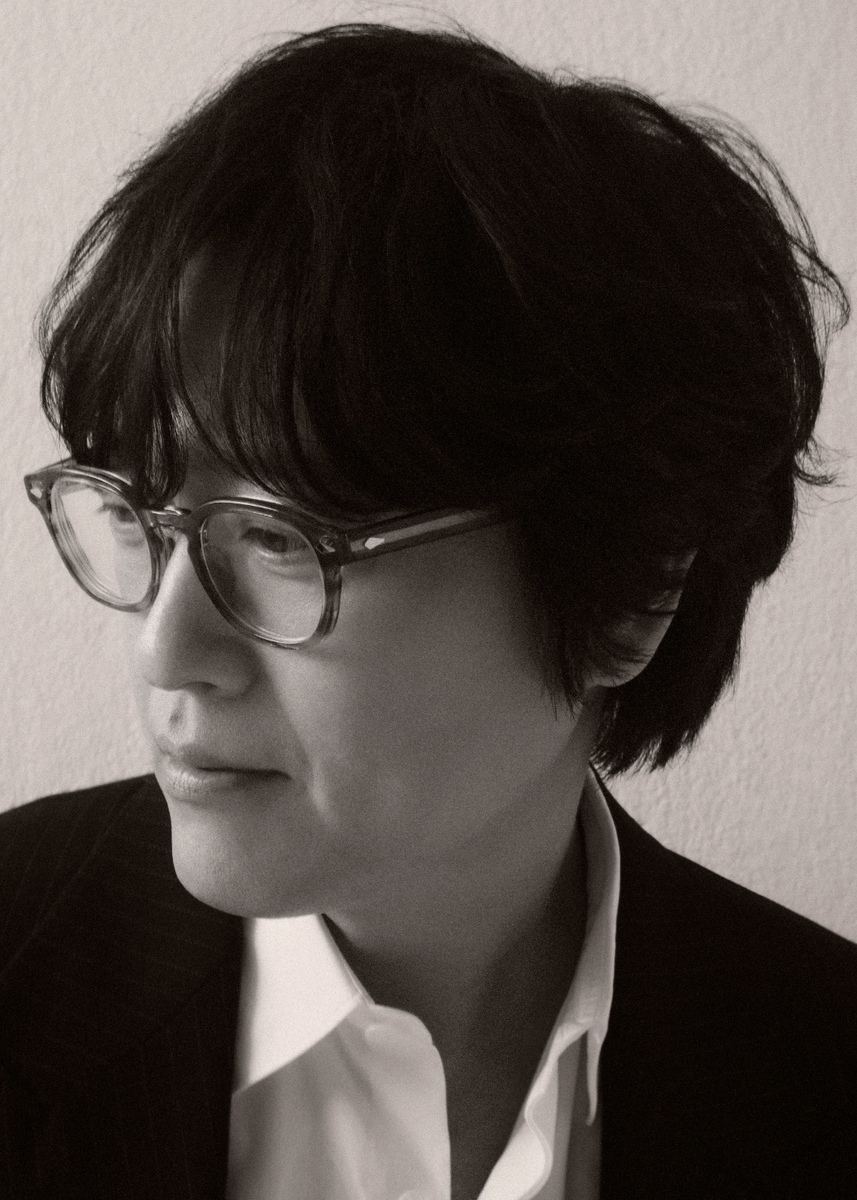
![[가요소식] 조항조, 새 싱글 '아버지란 그 이름' 발표](https://korean-vibe.com/news/data/20251116/yna1065624915927473_582.jpg)

